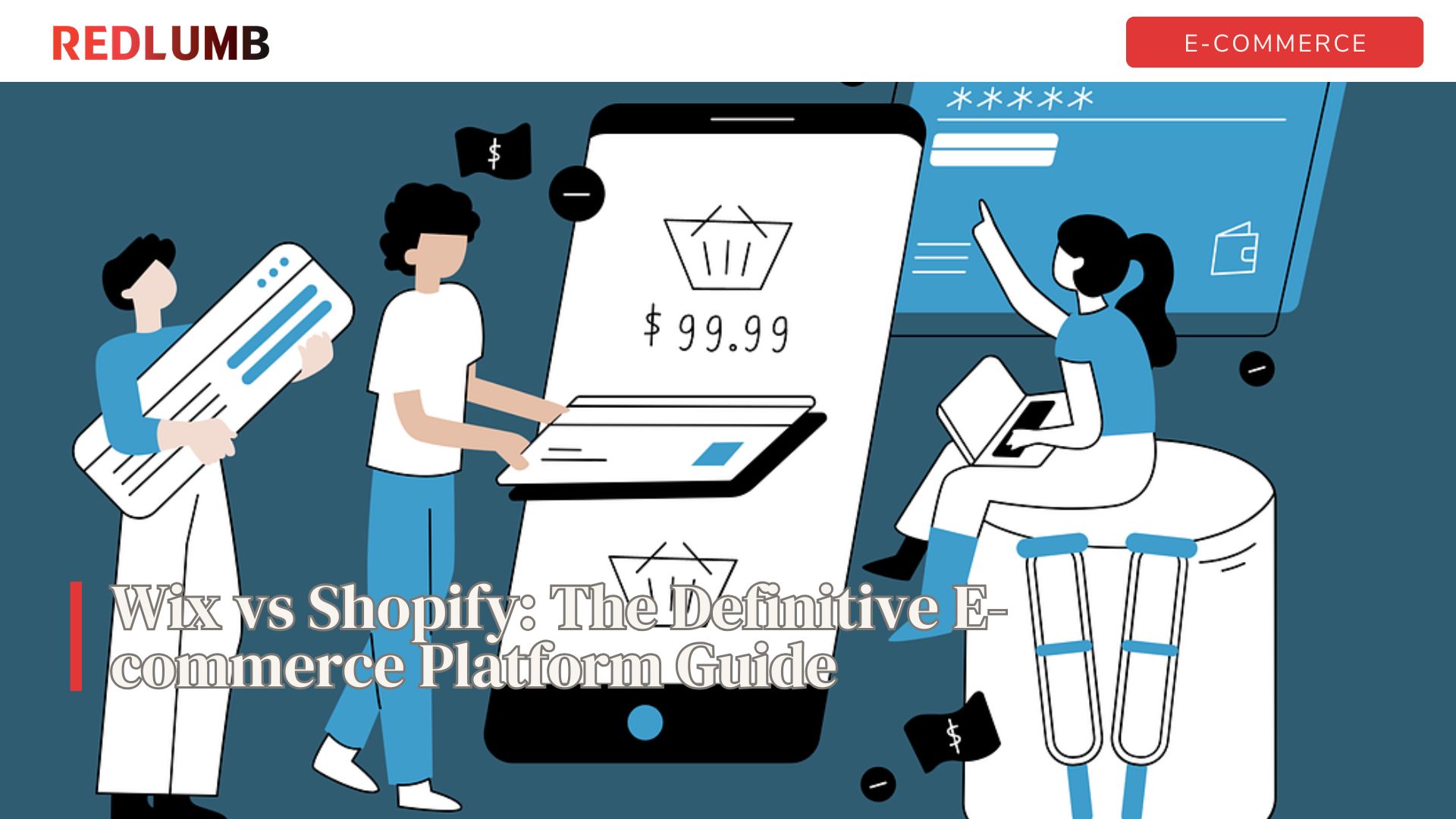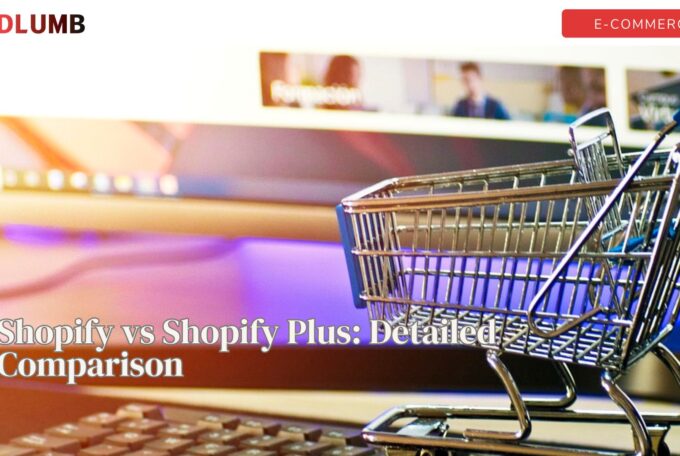Business owners face a critical decision when selecting their e-commerce platform. The market presents two dominant solutions: Wix vs Shopify – each engineered to serve distinct business requirements in 2025.
These enterprise-grade platforms deliver specific advantages for different business models. Shopify is a specialized e-commerce engine with robust scalability features and advanced market tools. Wix distinguishes itself through intuitive design capabilities and flexible content management systems.
Success in digital commerce demands careful evaluation of platform capabilities. Technical requirements, operational budgets, and growth projections are crucial in platform selection. Security protocols, payment processing capabilities, and integration possibilities further define the strategic fit for each business case.
Both platforms offer distinct approaches to building and managing online stores, each with powerful features and capabilities. When it comes to design flexibility, Wix provides an extensive template library with over 800 free designer-made templates, while Shopify offers a more focused selection of 156 professionally designed e-commerce templates. Key template differences include: In terms of e-commerce capabilities, Shopify demonstrates its specialized focus with features like built-in fraud detection and PCI-DSS compliance. The platform enables selling in over 130 currencies, making it ideal for global commerce. The app marketplace reveals a significant difference in extensibility. Shopify boasts an impressive 8,000+ third-party apps, while Wix offers approximately 300 apps and add-ons. Both platforms provide robust security features, including SSL certificates and fraud detection systems. For payment processing, both platforms integrate with major providers, though Shopify offers 100+ payment methods compared to Wix’s 70+ providers. Notably, Wix doesn’t charge transaction fees, while Shopify applies a 2.9% + $0.30 fee per transaction.
What’s the real cost difference between these e-commerce giants, and which platform offers better value for your investment? When comparing Wix vs Shopify pricing, businesses need to consider both upfront costs and long-term value. Wix’s e-commerce plans start at $27 per month for the Basic plan, scaling up to $59 per month for the VIP plan. Shopify’s pricing begins at $39 per month for the Basic plan and extends to $399 per month for Advanced Shopify. Key pricing considerations include: For smaller businesses, Wix often proves more cost-effective. A business processing 50 transactions monthly at $50 each would pay approximately $114.50 in total fees with Wix, compared to $144 with Shopify. However, as sales volume increases, Shopify’s advanced features and lower transaction rates become more valuable. Both platforms offer annual billing discounts, with Shopify providing a 25% reduction when paid annually. For businesses requiring enterprise-level solutions, Shopify Plus starts at $2,000 per month, while Wix’s enterprise plans are customized based on business needs. When scaling an online business, which platform provides the infrastructure to support exponential growth? The fundamental difference lies in their scalability limits. Shopify offers unlimited product capacity, while Wix caps at 50,000 products, making Shopify more suitable for rapidly expanding businesses. For inventory management, both platforms offer distinct approaches: Shopify’s ecosystem demonstrates superior scalability with over 6,000 e-commerce-specific integrations, compared to Wix’s 500+ integrations. This extensive app marketplace enables businesses to adapt and expand their operations seamlessly. For international growth, both platforms have made significant strides. Wix supports 180 languages with automatic translation capabilities, while Shopify has enhanced its localization features with automatic visitor redirection based on browser language. Shopify’s fulfilment network handles international shipping and returns, offering shipping discounts of up to 89% as businesses scale. Marketing capabilities align with growth needs differently. Shopify allows sending 10,000 free emails monthly, while Wix’s free tier supports 200 subscribers per month. Both platforms provide essential growth tools like abandoned cart recovery and customer winback features, though Shopify’s extensive integration options provide more advanced scaling possibilities. Read More: The choice between Wix and Shopify depends largely on business size, growth plans, and specific needs. Each platform offers distinct advantages that cater to different types of online stores. Wix stands out as an excellent choice for small businesses and creative entrepreneurs. The platform’s user-friendly interface, extensive template library, and lower cost structure make it ideal for stores with modest inventory needs. Business owners who prioritize design flexibility and require minimal technical expertise will find Wix’s offerings particularly appealing. Shopify emerges as the stronger option for businesses focused on rapid growth and scalability. The platform’s robust e-commerce features, an extensive app marketplace, and advanced inventory management systems position it well for medium to large enterprises. Though initially more expensive, Shopify’s specialized tools and integrations prove valuable as businesses expand their operations. Both platforms deliver reliable e-commerce solutions with essential features like secure payment processing, marketing tools, and mobile responsiveness. Small business owners might find better value in Wix’s straightforward pricing and unlimited staff accounts, while growing enterprises will benefit from Shopify’s advanced features and extensive customization options. Moiz Banoori is a Digital Marketing specialist with over eight years of experience in content creation and digital journalism. He leads teams at various brands and focuses on developing effective SEO strategies that enhance online visibility. With a degree in journalism, Moiz combines his passion for storytelling with technical skills to deliver innovative digital solutions at REDLUMB, helping clients achieve their online goals in a competitive landscape.
Comparison Table
Feature Wix Shopify
Target Audience Small businesses, creative entrepreneurs Medium to large businesses focused on growth and scalability
Design Flexibility 800+ free templates, AI-powered design tools (Wix ADI), templates can't be changed after selection 156 professionally designed themes (12 free, premium $170-$380), mobile-responsive and optimized for sales
Transaction Fees None beyond payment processing fees 0.5% to 2%, depending on the plan
Payment Methods 70+ payment providers 100+ payment providers
E-Commerce Features Ideal for smaller stores, 50,000 product limit Unlimited products, advanced inventory management, global sales in 130+ currencies
Integration Options 300+ apps and add-ons 8,000+ third-party apps
SEO and Marketing Advanced SEO tools, 200 email subscribers on free tier Built-in marketing tools, 10,000 free emails monthly
Pricing $27-$59/month; no transaction fees $39-$399/month; lower transaction fees as plan tiers increase
Scalability Suitable for modest inventory needs, less ideal for large-scale growth Superior scalability with advanced features and integrations
Global Capabilities Supports 180 languages, auto-translation Localized browser-based redirection, global shipping, fulfillment network
Annual Billing Discounts Not specified 25% discount on annual billing
Inventory Management Manual/automatic stock updates Advanced tracking, multi-location management
Growth Features Basic abandoned cart recovery Advanced growth tools like detailed analytics, customer insights
Platform Features and Capabilities
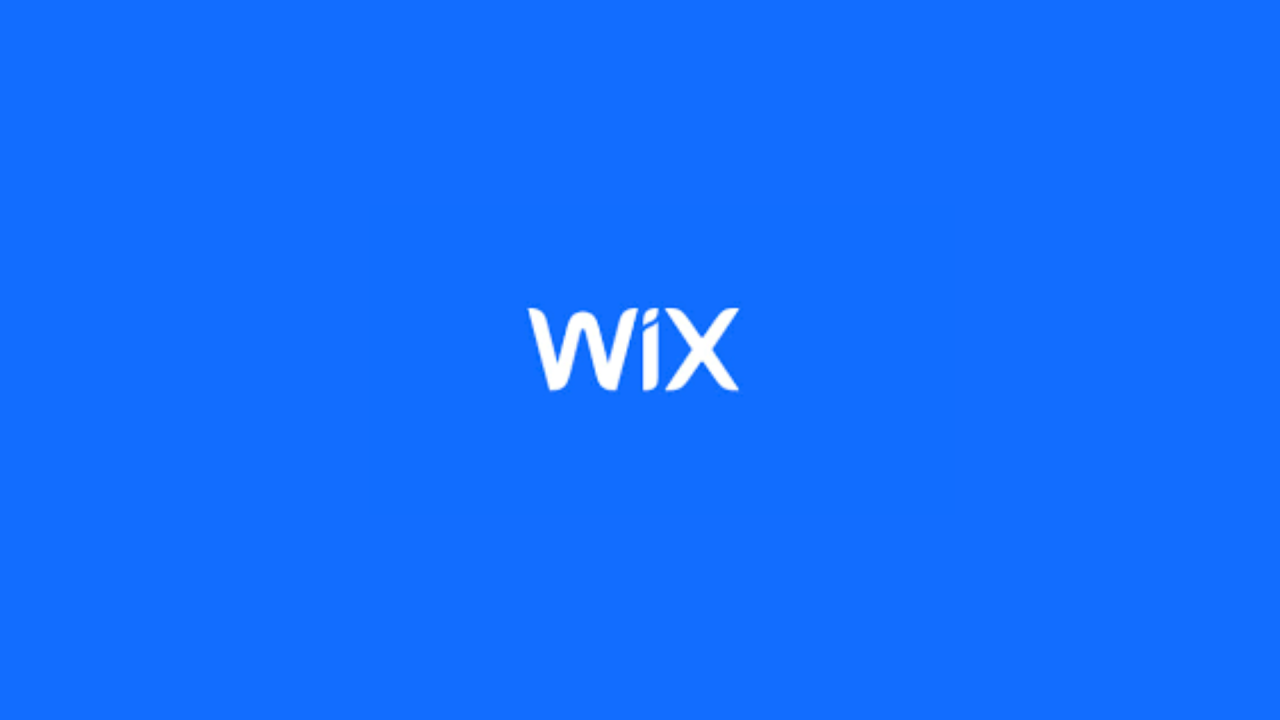
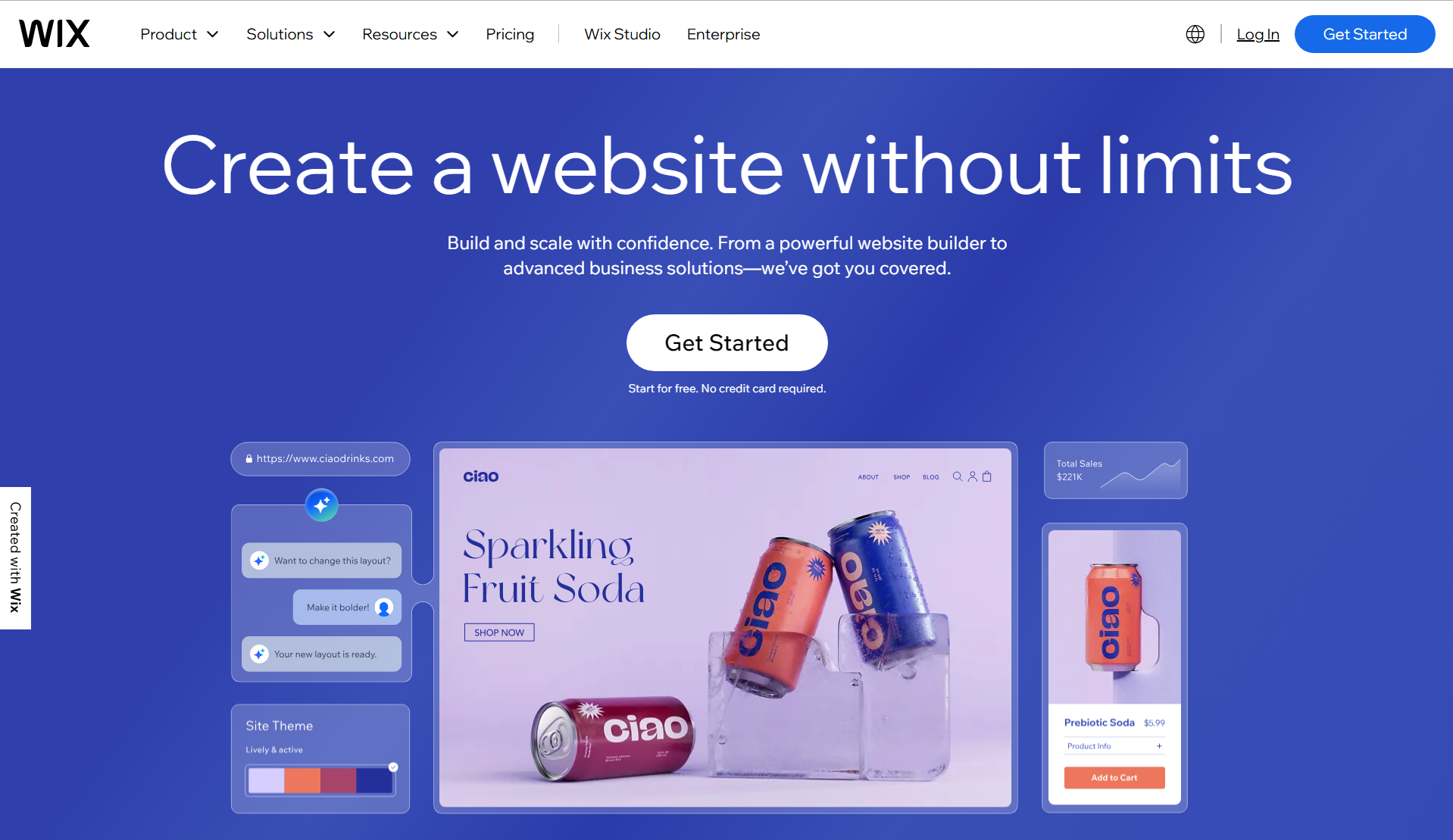
Pricing and Value Analysis
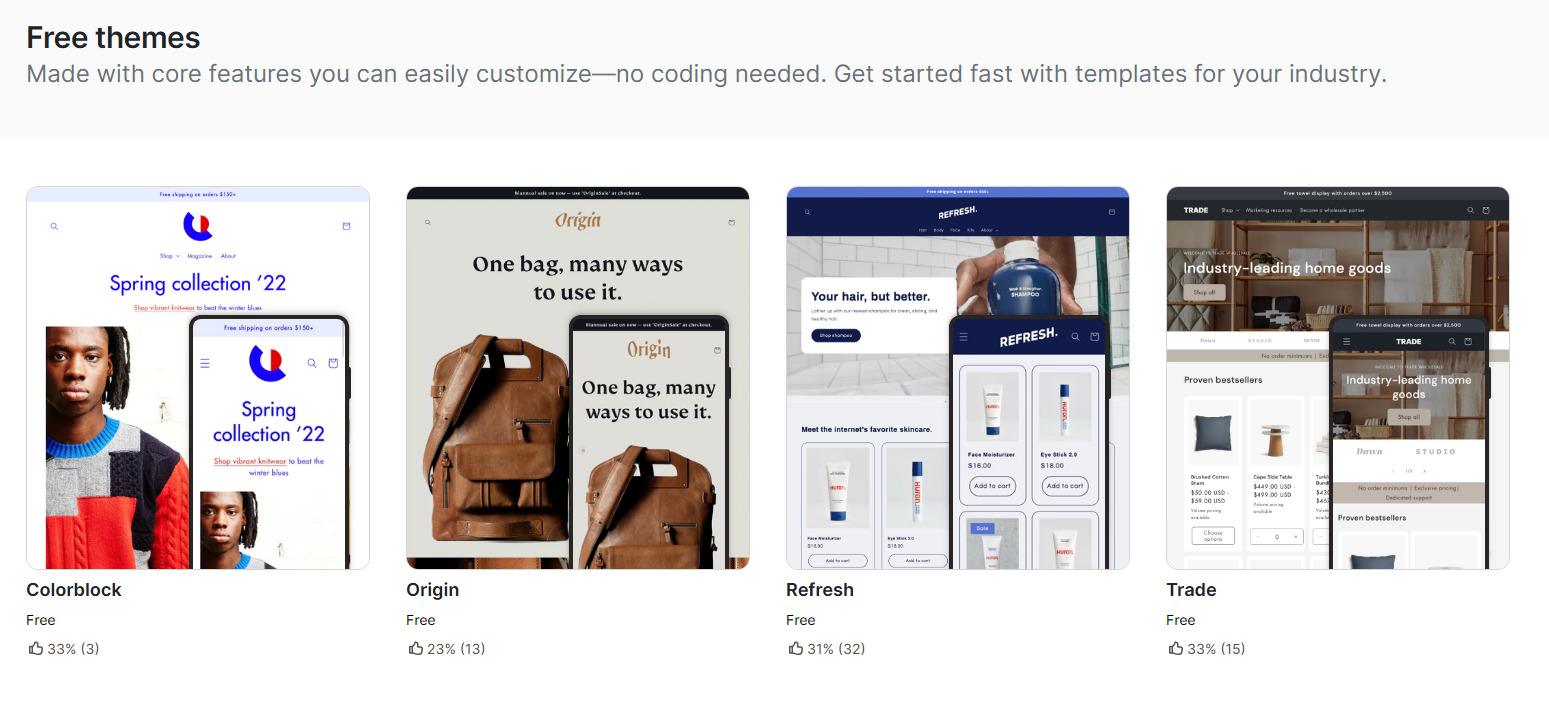
Business Growth and Scalability

Wrapping It Up

